Polish director Jerzy Skolimowsky directs the Bressonian-inspired fable EO, a film of unusual beauty, with images that stay with you, where the donkey protagonist acquires human qualities, from the passivity of his different fates at the hands of men. From his liberation from a circus by an animalist group, where he was loved by his owner and companion in the ring, EO goes through different phases and owners, being more or less esteemed, exploited or mistreated. Skolimowsky portrays us through EO —his name comes from the onomatopoeia of braying and represents his lack of individuality—, through his humanized look, as expressive as that of an animated character, humble, resigned, obedient, this Balthazar lets himself be done with meekness but is also capable of running away and seeking his own destiny.
Although the film takes place in Poland and at the end in Italy, its proposal is global, as the faults and virtues of humanity are exemplified but not reduced to anecdote. The classes between animals, the aristocrats as competition horses or those born to wrap their skin around humans or to feed them, the horses turned into salami… demonstrate our perception of animality and the difference in our respect.
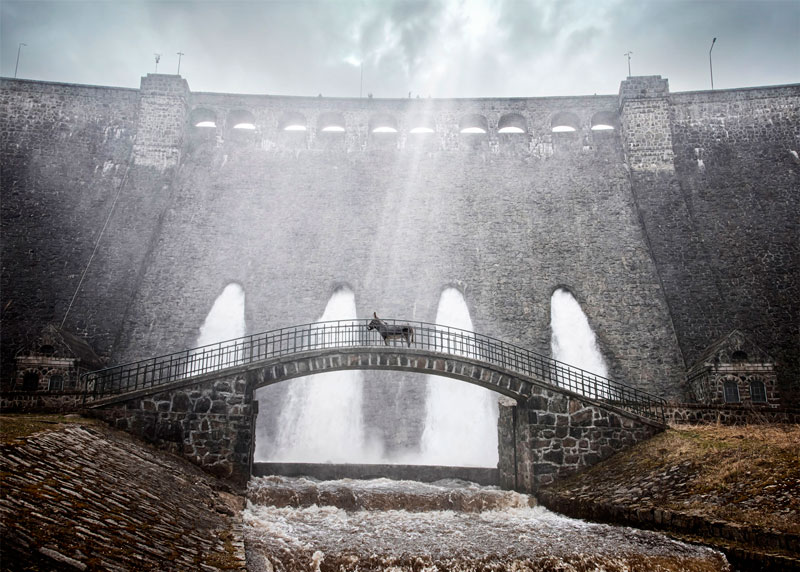
A large part of the film’s interest lies in its vision of nature in which it includes us without distinction. Visually, EO is a beautiful, even hypnotic film, which plays with surreal images of forests and streams, transformed by Mychal Dymek‘s treatment of color and photography to express without words the drift of humanity. The way of photographing the landscape reveals new perspectives and senses, the chromatic modifications, or particularly the scene where the water recedes. Without moralizing, with an austerity similar to the impassivity of the donkey protagonist, Skolimowsky takes us from one place to another, brings us face to face with different characters who embody the miseries or the values that differentiate us from other animals, always through the innocent gaze of the donkey.
With a script by the director and Ewa Piaskowska, the film aspires to universality through minimalism, in less than an hour and a half. The ability to over-dimension small events and the talent to film them extraordinarily enriches a plot as simple as its protagonist. Without following any rules, free as an ass in a meadow, Skolimowsky allows himself to break his own rhythm and surprise us with violent or disturbing scenes, and even introduce us to a family drama —with cameo appearances by Isabelle Huppert and her daughter Lolita Chammah— while the long-suffering EO waits in a garden.
After watching this film, one cannot help but think of the talent, daring and audacity that at this year’s Cannes Film Festival seem to be left to the veteran directors over the age of eighty.

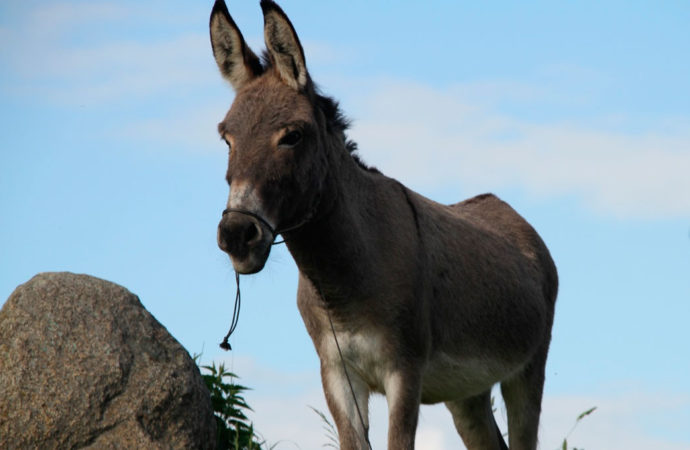

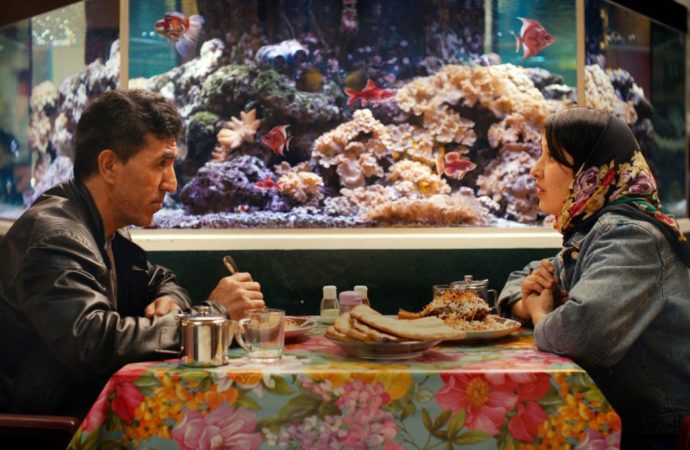

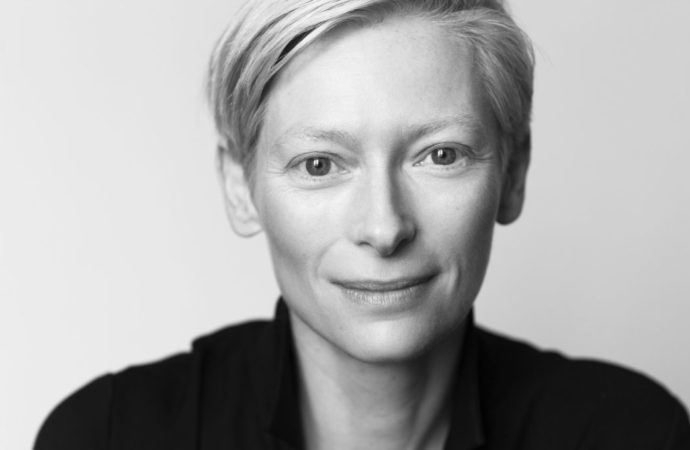
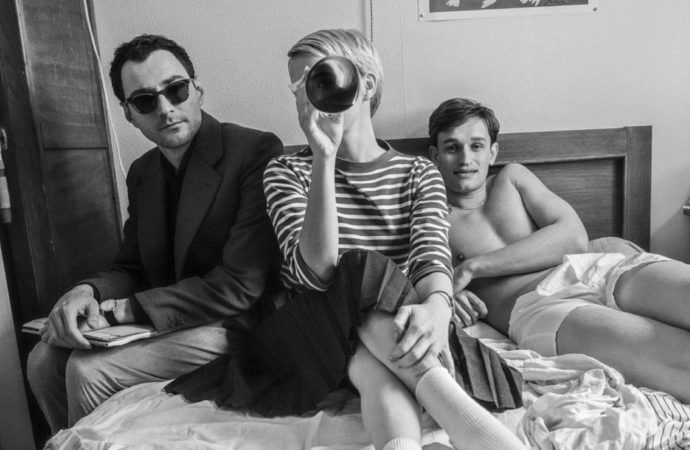
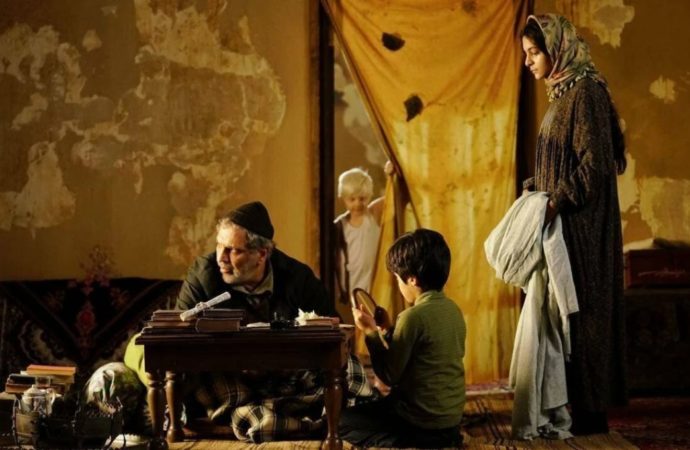
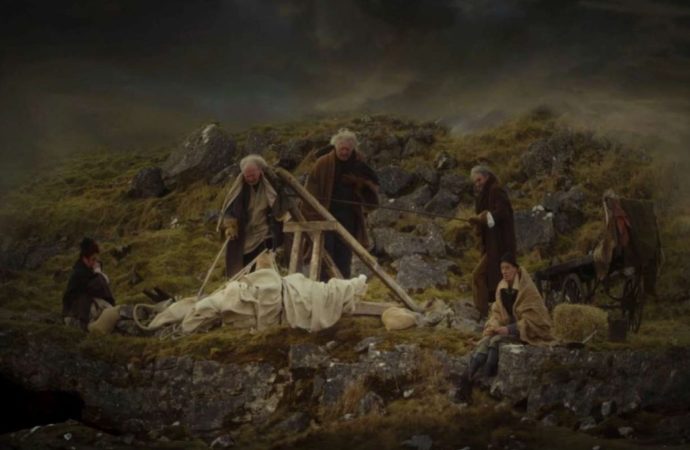
No one has posted any comments yet. Be the first person!